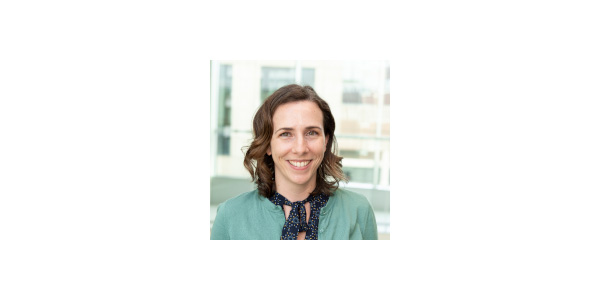
18Feb - 2025
FRONTIERS IN GENOMICS
10:00 AM - 11:00 AM|Alicia Martin.|Analytic & Translational Genetics Unit. Massachusetts General Hospital & Broad Institute. Harvard Medical School USA.
Seminario
Genomics for the world: ancestral diversity enhances genomic discovery, resolution, interpretation, and contextualization.
Resumen de la plática:
Genomic studies are transforming precision medicine, yet their benefits often overlook diverse, underserved populations. Our research shows that embracing ancestral diversity not only addresses this ethical concern but also enhances genomic discovery, resolution, interpretation, and contextualization. Analyzing lung diseases across multiple biobanks, we found consistent genetic effects and improved our understanding of pleiotropy in lung comorbidities. Leveraging the All of Us Research Program’s diversity, we improved polygenic risk scores across various traits, particularly for African ancestry populations and traits with large ancestry-enriched effects. To understand how genetic and environmental factors influence disease, we investigated their impact on the plasma proteome, revealing that many disease-associated proteins are affected by environmental exposures like smoking. This work emphasizes the importance of diverse representation in genomic and multi-omic studies for equitable healthcare and deeper understanding of complex traits and diseases. By integrating diverse ancestries and environmental contexts, we advance comprehensive genomic insights benefiting all populations.
Genomic studies are transforming precision medicine, yet their benefits often overlook diverse, underserved populations. Our research shows that embracing ancestral diversity not only addresses this ethical concern but also enhances genomic discovery, resolution, interpretation, and contextualization. Analyzing lung diseases across multiple biobanks, we found consistent genetic effects and improved our understanding of pleiotropy in lung comorbidities. Leveraging the All of Us Research Program’s diversity, we improved polygenic risk scores across various traits, particularly for African ancestry populations and traits with large ancestry-enriched effects. To understand how genetic and environmental factors influence disease, we investigated their impact on the plasma proteome, revealing that many disease-associated proteins are affected by environmental exposures like smoking. This work emphasizes the importance of diverse representation in genomic and multi-omic studies for equitable healthcare and deeper understanding of complex traits and diseases. By integrating diverse ancestries and environmental contexts, we advance comprehensive genomic insights benefiting all populations.
Auditorio Dr. Francisco G. Bolívar Zapata.
Actualizado 2025-02-18 09:56:48
04-Agosto-2025 al 04-Agosto-2025
09:30 AM
Dr. Eduardo Matos Moctezuma.
09:30 AM
Dr. Eduardo Matos Moctezuma.
Las excavaciones del Templo Mayor de Tenochtitlan.
Ponencia inaugural del Simposio de Verano 2025.
Auditorio Dr. Francisco G. Bolívar Zapata.



